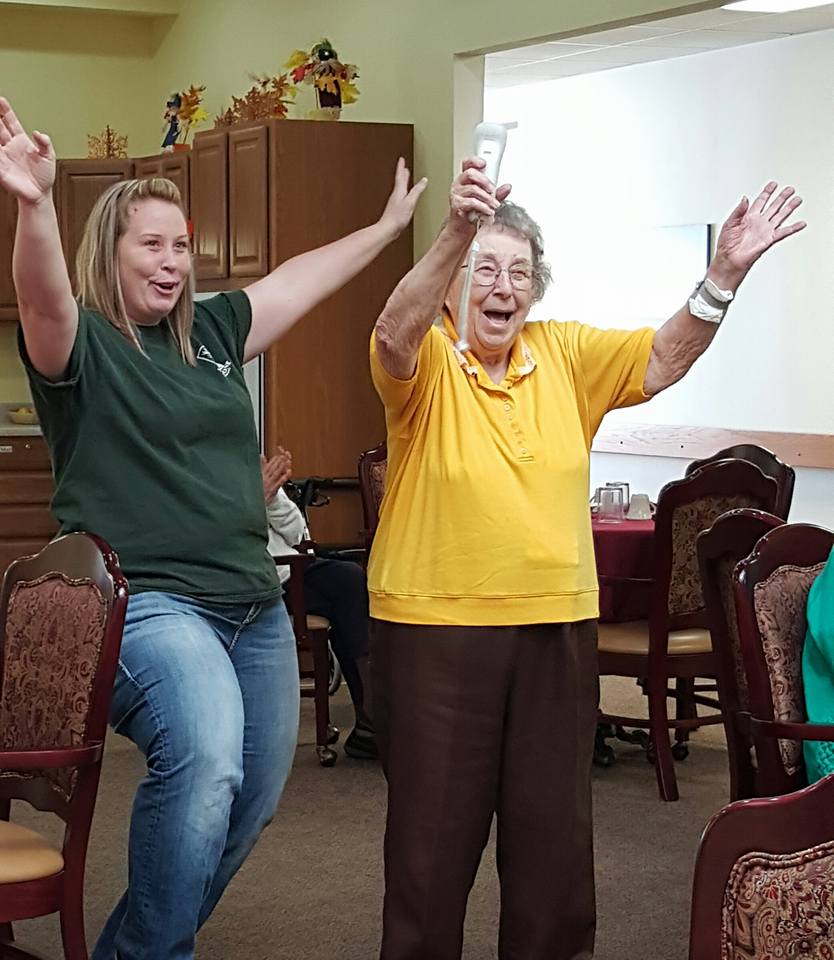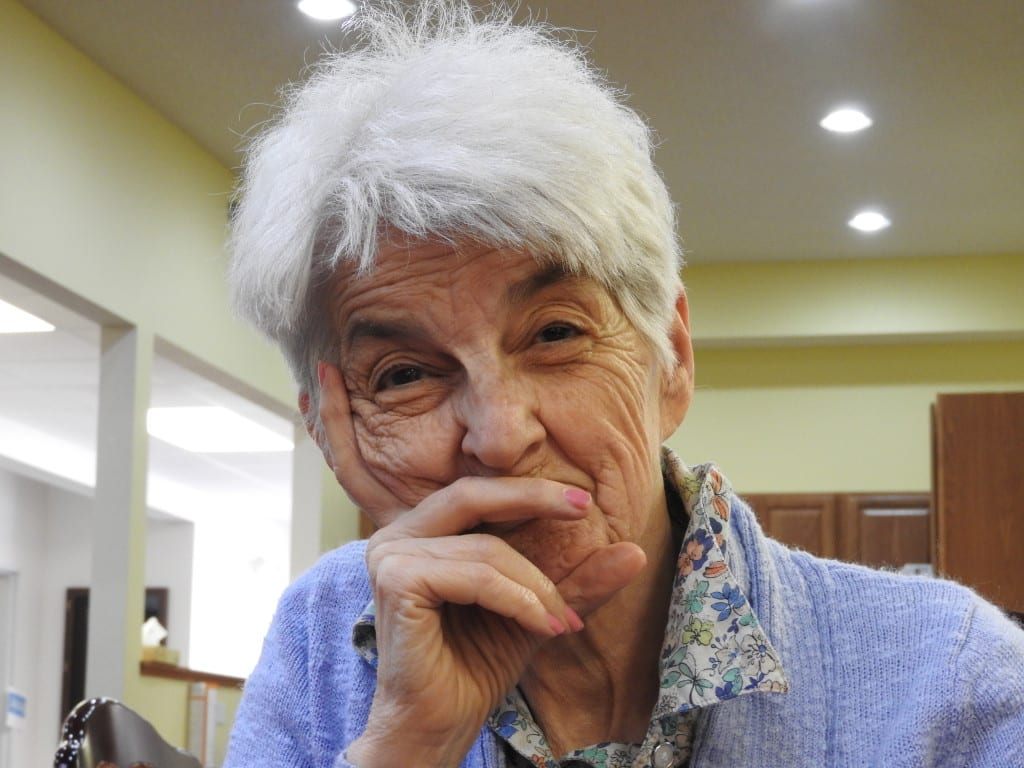By Erika Smith, Community Life Coordinator, Woodstone of Hutchinson
Social isolation among seniors is alarmingly common, and will continue to increase as the older population grows. No one ever wants think of the day they have to move from their home, but as our senior population ages, the need for more assistance becomes a necessity. Where does this lead families? Some families have no choice but to move their loved one into a Senior Community to be taken care of. When that day comes and that loved one becomes a resident the demand from the family that once cared for that person, lessons. Sometimes that means, less visits from the family, less interaction from friends or neighbors or they do not have the day to day contact that this individual normally would have had while at home.
When that day comes and that loved one becomes a resident the demand from the family that once cared for that person, lessons. Sometimes that means, less visits from the family, less interaction from friends or neighbors or they do not have the day to day contact that this individual normally would have had while at home.
These individuals are so precious to us, they truly become our jewels in life. How do we protect and make these jewels shine, is the question? There are many things we as professionals can do after someone moves into a senior community from games, outings to daily visits. Some of these men and women are scared of change and afraid of the unknown, they turn to social isolation to avoid being valuable. Unfortunately, we as professionals are only a piece of the puzzle that can help reduce social isolation. Seniors need to have a sense of purpose and by providing these men and women with a sense of purpose or hobbies that really interest them, they are less likely to succumb to the negative effects of social isolation.
 Besides providing a sense of purpose, many hobbies and interests are inherently social in nature, where everyone can enjoy. If both families and professionals can continue encouraging seniors to remain active in their hobbies and interests, and providing them opportunities that maintain their sense of purpose, this will keep them from becoming isolated and lonely.
Besides providing a sense of purpose, many hobbies and interests are inherently social in nature, where everyone can enjoy. If both families and professionals can continue encouraging seniors to remain active in their hobbies and interests, and providing them opportunities that maintain their sense of purpose, this will keep them from becoming isolated and lonely.
Here are some suggestions that anyone can do to help reduce social isolation.
- Because many seniors do not drive, this is a big issue for them, helping seniors get around and make independent choices about travel promotes their social health.
- Many experts say that the act of nurturing can relieve feelings of social isolation. Could your loved one take care of a pet? If not, how about tending to a plant or a raised garden? These are just a few examples to keep the sense of purpose alive inside with daily tasks.
- Because socially isolated seniors may be vulnerable to a variety of unexpected problems and may have underlying issues, continuing to visit and check in on a loved one or friend can mean the world to them and let them know that just because they are not living at home doesn’t mean people have forgotten about them.
- There’s nothing like a hug. Research has shown that friendly platonic touch from friends and family, like hand holding or hugging, can lower stress and promote feelings of well-being. The power of touch is so important, not only as we age, but all through our lives. It makes us feel connected, welcome and loved by the people we are around.
When someone sees their family member out of their room socializing and having a great time, smiling with others, it makes it a little bit easier for us to return back to our homes knowing that they are not only being taken care of physically, but emotionally.





